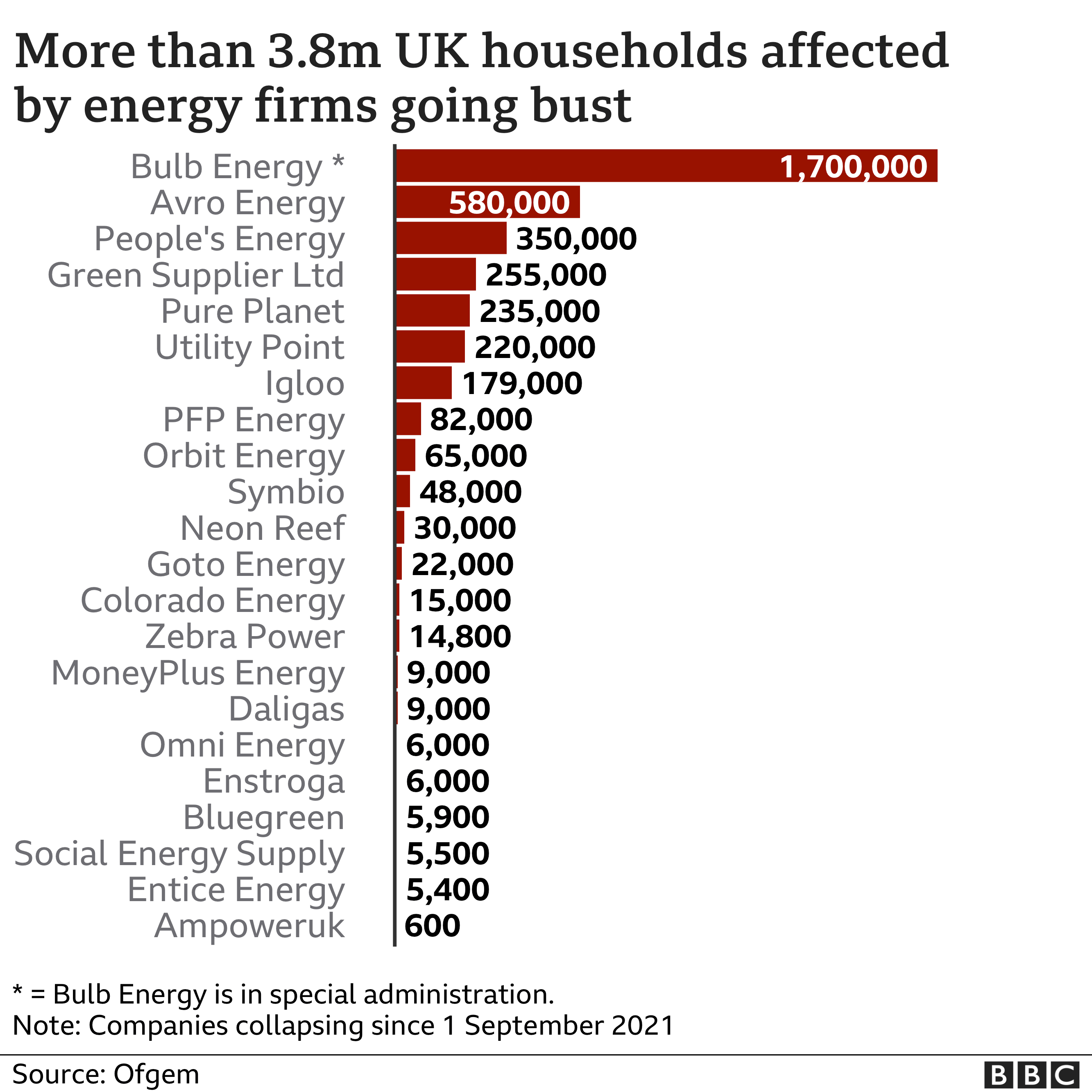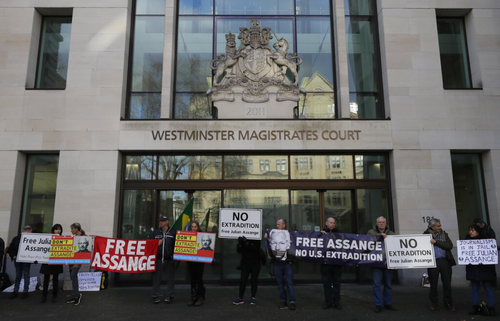
In October 2021 Sustain, the UK-based alliance working for food and farming system change, published ‘Beyond the farmgate – Unlocking the path to farmer-focused supply chains and climate-friendly, agroecological food systems’. The report explores the results of a survey of 500 farmers in England and Wales, with recommendations on how better systems can be created to benefit farmers, the environment and the public. Vicki Hird unpacks some of the details.
Farmers in England and Wales want to move away from centralised supply chains where they say they have little influence over prices, not enough connection to consumers, and are not rewarded for delivering positive climate and nature outcomes. This is according to the findings of Sustain in its report ‘Beyond the Farmgate‘ which lays out the results of a new survey of 500 English and Welsh farmers. Only 5% of farmers surveyed want to sell to supermarkets. In contrast, 80% would like to sell to food hubs, box schemes, independent retailers and other more local markets.
Local Supply Chains – barriers and cooperation
More localised supply chains would do a much better job when it comes to fair and better prices (75%), supporting climate and nature objectives (30%), and greater business resilience (42%), farmers felt.
But finding new markets has its barriers, which were also drawn out of the survey. The biggest challenges for farmers were access to affordable finance (48%), limited time and know-how when it comes to marketing and market research (44%), and the lack of locally available infrastructure like grain mills and abattoirs (28%).
Given the multiple challenges ahead, from trade deals, to climate and a continuously harsh retail environment, it was unsurprising that most farmers surveyed either want to be part of a cooperative (55%) or would be willing to consider joining one (25%)…
…click on the above link to read the rest of the article…












